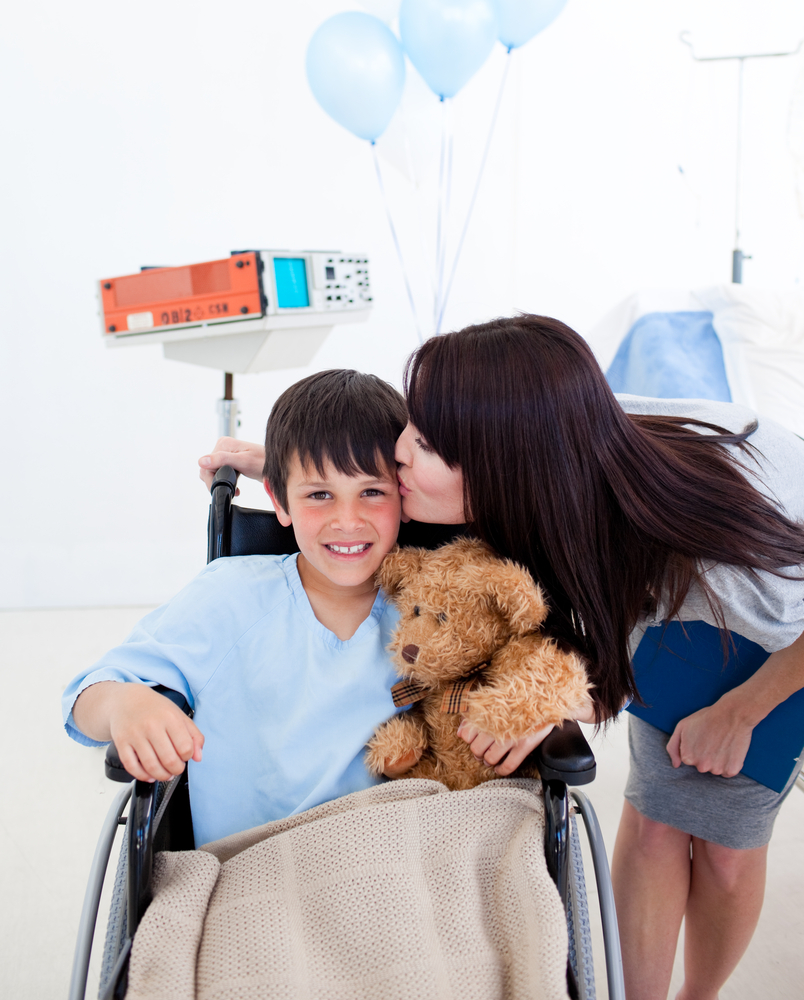Duchenne MD Patients Need Most Support When Transitioning to Wheelchairs and Respirators, Study Finds
Written by |

People with Duchenne muscular dystrophy experience the highest level of anxiety and concern about their condition when they have to transition to using a wheelchair or a respirator due to the progression of their condition, according to researchers.
“In such times, support from significant others in their lives helped patients adjust,” wrote the authors of the study, “The experiences of patients with Duchenne muscular dystrophy in facing and learning about their clinical conditions,” published in the International Journal of Qualitative Studies on Health and Well-being.
The team of researchers, led by Prof. Osamu Imura of the Graduate School of Human Sciences at Osaka University in Japan, conducted in-depth interviews with seven patients with Duchenne muscular dystrophy, ages 20-48, about how they learned about their disease and how their feelings changed over time.
The interview included questions such as, “What did you feel or think about when you learned about your illness?” “How did your thoughts and feelings change over time?” and “Have you consulted anyone on your worries about the disease?”
After analyzing the patients’ answers, researchers identified four themes: experiences before receiving the diagnosis; experiences when they learned of their condition and progression of the disease; supports; and desired explanations.
Experiences before receiving the diagnosis
Many of the patients said they were aware their muscles were getting weaker and their physical abilities were deteriorating before being diagnosed with the disease. But they reported they had not thought about the disease in-depth.
Experiences when they learned of their condition and progression of the disease
Most patients said they started to worry or feel anxious when they had to transition to using a wheelchair and a respirator. Some patients said they expressed a strong resistance toward using a respirator, and that they were shocked to learn they needed one.
Supports
All patients reported they never discussed their concerns about the disease with their families because there was “no point in thinking about it,” the disease didn’t bother them, or because they did not want to worry their parents. Some patients said they discussed their physical condition or what type of wheelchairs they used with friends who also had Duchenne MD.
Desired explanations
Most patients said the best time to give information would be when the disease progression resulted in a change in their overall condition, such as when they needed to start using a wheelchair.
Some patients said they preferred to have these discussions without their parents present. One patient noted, “Kids tend to look at the expressions of their parents. It might be difficult for them to talk about it.”
Another participant advised that patients should find something they “love so much” that they forget all their fears and worries about the disease. “Find what things you like to do, follow your interest, and lose yourself in it. Enjoy life. This is how you should live,” he said.





